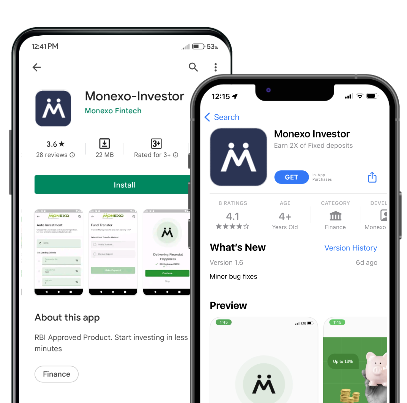Sharing economy is when you carpool with your colleagues to work, or when you stay at a friend’s house for a vacation. Today, companies such as Lyft, Rideshare, AirBnB, and Flipkey have gained popularity from using the concept of sharing economy as their business model.
The rise of sharing economy has left businesses and governments dazed and confused, so here are the things you should know about sharing economy.
One Man’s Trash is Another Man’s Treasure
Often times we find ourselves with a hoard of things we no longer use or need, like old clothes, lump of money, or even our wifi, things that can be rented or sold back for money. however finding the demand for your supply is likely not easy and troublesome.
Thus spawn platforms which connect people who want to rent/sell their belongings with those who need them. One benefits from fulfilling their needs at a relatively low price, and the other benefits from making money, whereas the platform receives a small cut.
Recycling the Economy
The most impressive takeaway from this practice, however, is the fact that platforms do not hold any inventory whatsoever. Lyft is a transportation service company that doesn’t own any vehicles, and Poshmark is an online clothing marketplace that doesn’t own any clothes. No additional resources, manufacturing or processing is required for said companies, creating a sustainable economic system because all existing assets are reused.
In fact, the business models are proven to be so effective that some people have adopted it as their secondary source of income. Some of them go so far as to purchase a car just to be an Uber driver because they can earn more per hour than an average taxi driver.
Expected Changes
Arrival of renting platforms and online stores forces both established businesses and renters alike to be competitive. As a consumer, here are some changes you may soon experience from the robust competition:
- Lower price
- Better quality of service
- More choices
- More innovation
A Rough Start
Although renting platforms have gained popularity among the public, they’ve also been rather controversial. Uber and AirBnB, for instance, have been banned in several cities and being declared as illegal.
Part of the reason for the quick banning of these rental platforms is not because they violate regulatory laws, rather because their business model doesn’t fit the laws. For instance, room-sharing platforms don’t share the same legal standards hotels have to maintain, or how ride-sharing drivers aren’t subjected to the same rules as taxi.
Banning sharing platforms only halts the progression of business technology and the benefits that come with it. Although these concerns are genuine, platforms have their own applicant screening process and rules to protect their customers.
Sharing platforms have proven to have positive impact on the local economy, even partnering with local businesses. Instead of fighting each other, governments and sharing platforms should cooperate and establish common grounds together.
Money Among Peers
Likewise, P2P lending is one sharing economy model that’s rapidly growing from its competitive edge over banks. Sharing economy is looking to be the future of economy paved by technology, and P2P lending is one of its missing components.




